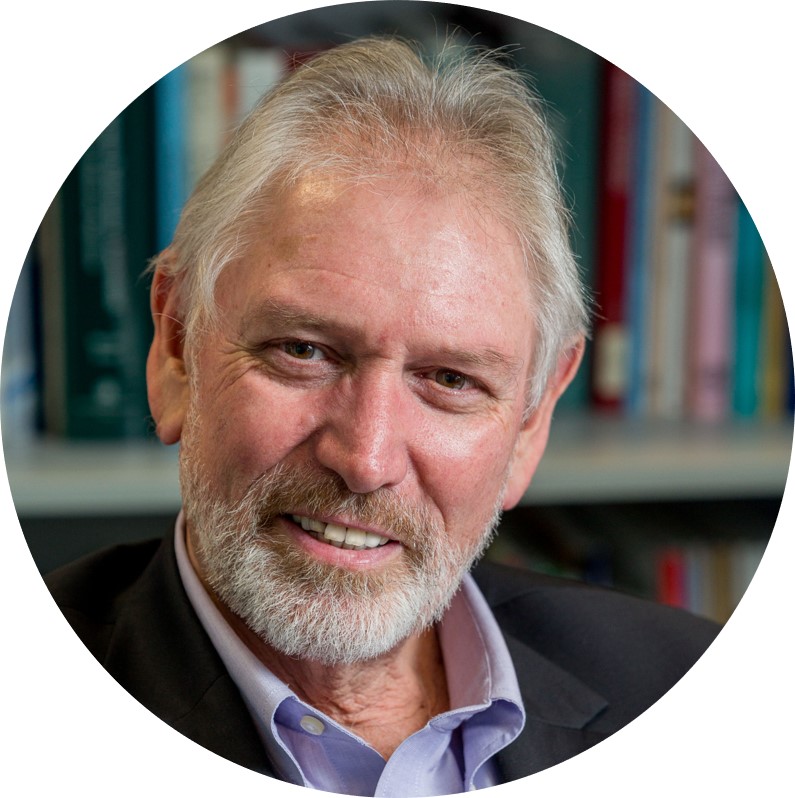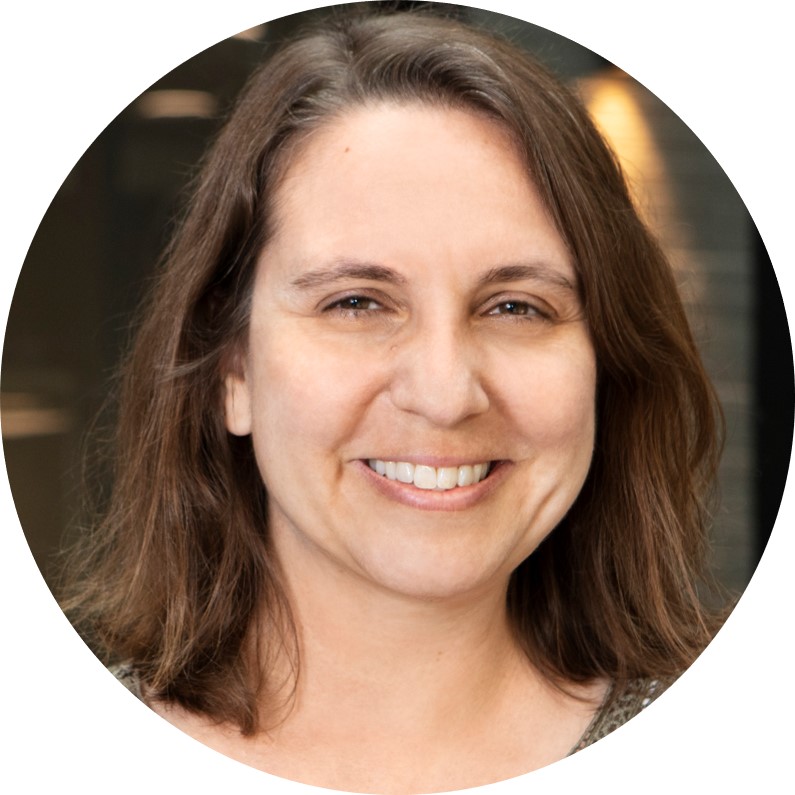
Professor Alan D. Lopez, AC, FAHMS, FASSA
Laureate Professor, University of Melbourne
Rowden-White Chair of Global Health and Burden of Disease Measurement
Director, Global Burden of Disease Group
Director, Bloomberg Philanthropies Data for Health Initiative
for Civil Registration and Vital Statistics
Visiting Professor of Epidemiology and Director,
IHME/Big Data Institute Strategic Partnership, University of Oxford
>>> View and/or download conference session
Professor Alan Lopez AC PhD FAHMS FASSA is a Melbourne Laureate Professor and the Rowden-White Chair of Global Health and Burden of Disease Measurement at The University of Melbourne. He was Head of the School of Population Health at the University of Queensland and held worked at the World Health Organization (WHO) in Geneva for 22 years. He is an advisor to WHO on strategies to improve the registration and certification of births, deaths and causes of death worldwide.
He is the co-author with Christopher Murray of the seminal Global Burden of Disease Study (1996), and subsequent updates, which have greatly influenced global and national debates about priority setting and resource allocation in health. In 2018, Professors Lopez and Murray were awarded the John Dirks Canada Gairdner Global Health Award, for their ground-breaking work in conceptualizing and quantifying the Global Burden of Disease.
He was awarded the Peter Wills Medal by Research Australia in 2014 for his outstanding contributions to building Australia’s international reputation in health and medical research. Since 2015 he has been listed among Thompson Reuters Highly Cited (HiCi) Researchers in clinical medicine, and in 2015 was ranked among the top 10 most cited scientists in the world by Thompson Reuters. He is a Foreign Associate Member of the US National Academy of Medicine, a Fellow of both the Australian Academy of Health and Medical Sciences and the Academy of the Social Sciences in Australia. In 2016 he was made a Companion of the Order of Australia (AC) for eminent service to science and to the advancement of planning and policy development to improve public health in developing countries.

Dr Jessica Young
Assistant Professor and Biostatistician
Harvard Medical School
Harvard Pilgrim Health Care Institute
>>> View and/or download conference session
Dr Young is an Assistant Professor and Biostatistician in the Department of Population Medicine. She is also an Assistant Professor in the Department of Epidemiology at the Harvard Chan School of Public Health. Her research focuses on the development and application of statistical methods that may remain valid for estimating the causal effects of time-varying treatment strategies on health outcomes in the face of complex time-varying confounding and selection bias. She has particular interest in failure event outcomes that may be subject to competing risk events and dynamic time-varying treatment strategies; i.e. strategies under which treatment assignment at a given time may depend on time-evolving patient characteristics. Dr Young received her PhD in Biostatistics from the University of California, Berkeley in 2007. Prior to joining DPM, she was a Postdoctoral Research Fellow and Research Associate in the Program on Causal Inference at the Harvard T.H. Chan School of Public Health.
Author's key paper
A causal framework for classical statistical estimands in failure time settings with competing events
Young JG, Stensrud MJ, Tchetgen Tchetgen EJ, Hernán MA.. Statistics in Medicine. 2020; 39(8): 1199-1236.

Professor John Hopper
Melbourne School of Population and Global Health
University of Melbourne
>>> View and/or download conference session
John is a statistician and epidemiologist who has been researching breast and other cancers for more than 20 years. He is a research director at the Centre for Epidemiology and Biostatistics at The University of Melbourne. He is funded by the National Health and Medical Research Council and he has also been supported by the National Institute of Health (USA), the National Breast Cancer Foundation, and Cancer Australia. His interests include the epidemiology and genetic factors involved in measures of breast cancer risk, and of breast cancer masking, based on features in breast images.